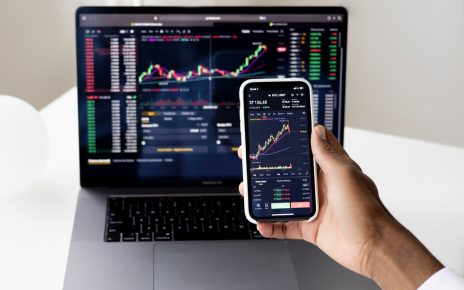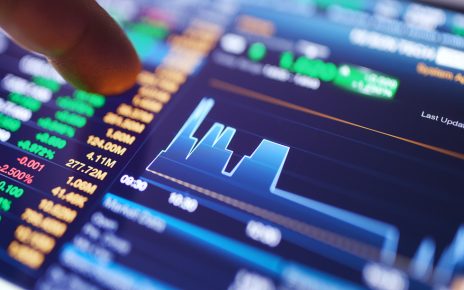- There is a 93% probability of a 50bps Fed rate hike next week.
- Initial jobless claims in the US went up slightly last week.
- The US economy could experience a brief and modest recession next year.
Gold prices were mostly unchanged on Friday as wary investors kept an eye on important US inflation data and the Federal Reserve’s decision to raise rates scheduled for next week. The dollar index is expected to have a week of gains, while gold prices are expected to decline by 0.5% for the week.
Market participants have priced a 93% likelihood of a 50-basis point rate increase at the Fed’s final meeting of 2022, which is slated for December 13–14. Since gold doesn’t pay interest, higher interest rates typically raise the opportunity cost of owning it.
Investors will keep an eye on the United States CPI report for November due on December 13.
The number of Americans submitting new applications for unemployment benefits increased slightly last week, pointing to a labor market is still tight and healthy despite rising concerns about a recession.

Although the Labor Department’s weekly report on unemployment claims revealed that continuing claims, also known as unemployment rolls, increased to a 10-month high in late November, experts advised against making too much of the development because the numbers are typically erratic at this time of year.
The US central bank will probably keep raising interest rates for some time because of how tight and resilient the labor market is.
The Fed has increased its policy rate by 375 basis points this year, the quickest rate hike cycle since the 1980s, to slow the labor market and lower inflation.
Isfar Munir, an economist at Citigroup in New York, stated that it is “too early” to take increased continuing claims to indicate a looser labor market. The fact that many businesses temporarily close during the holidays does not make the holiday season particularly appealing to workers looking to start new jobs.
According to analysts surveyed by Reuters, the US economy will experience a brief and modest recession during the next year.
Top gold consumer China’s decision to abandon its strict COVID restrictions, expected to encourage economic growth next year, is more likely to have the opposite effect. Infections might soar over the coming months, slowing GDP until later in the year, according to economists. This would hurt future gold prices.





